Back
Vishu Bheda
•
Medial • 1y
Day 1 of The Startup Mafia Series: How 1 Startup Created 10 Billionaires The startup world loves a good myth—the lone genius who hustles in a garage, builds something incredible, and becomes a billionaire. Sounds inspiring. Too bad that’s not how it really works. Look at the PayPal Mafia. In the late ‘90s, a group of young, ambitious men built PayPal. When eBay acquired it for $1.5 billion, they didn’t just cash out. They took over. This wasn’t just one successful startup—it was the launchpad for an empire. Elon Musk → Tesla, SpaceX, OpenAI Reid Hoffman → LinkedIn Peter Thiel → Palantir, Facebook’s first investor Jawed Karim → YouTube Jeremy Stoppelman → Yelp Each of these companies shaped the modern internet. But here’s the real secret: They didn’t do it alone. They had a system. When one of them launched a company, the others funded it. When they needed media attention, the others made the calls. When they wanted investors, the others opened doors. While unknown founders struggled to raise $100K, they had millions ready. While outsiders begged for press, their stories were already written. This is the real game of startups. It’s not just about talent. It’s about access. But here’s the bigger question: If the PayPal Mafia dominated the 2000s, who controls today’s startup world? There are new “mafias” shaping the future—tight-knit groups of founders, investors, and insiders who help each other win while outsiders struggle. Tomorrow, we’ll expose one of the most powerful ones: Why YC founders have an unfair advantage—and how the startup game is played before you even launch. Follow now. You won’t see these truths anywhere else.
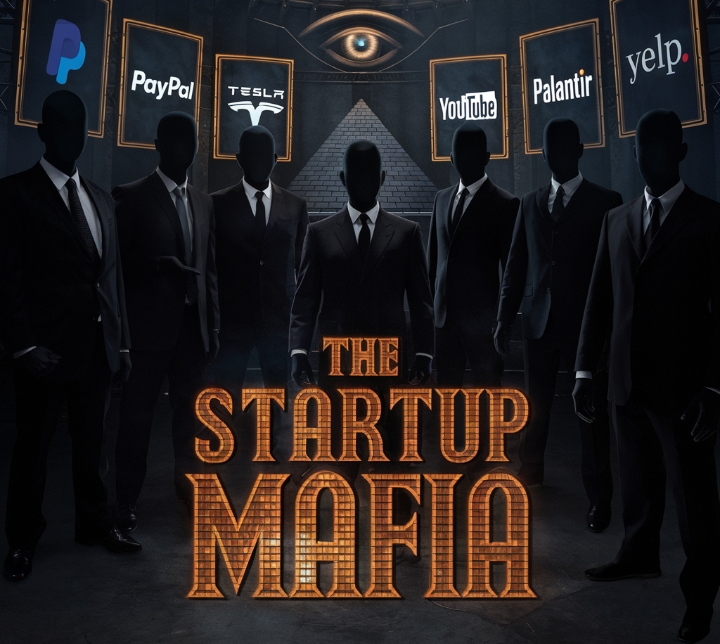
Replies (7)
More like this
Recommendations from Medial
Chetanya Jain
Be passionate, live ... • 1y
Have you heard about PayPal mafi?? Of course most of you have heard about it. Have you heard about Flipkart mafia ?? Maybe a few of you have heard about it also. Have you heard about hul ?? May be even fewer have heard about it. Even this is als
See MoreAccount Deleted
Hey I am on Medial • 1y
Let's Discuss Payal Mafia and Some Famous Names behind this 🚀♥️🤑 •The PayPal Mafia is a group of former PayPal employees and founders who have since founded and/or developed additional technology companies, collectively impacting the tech industry
See More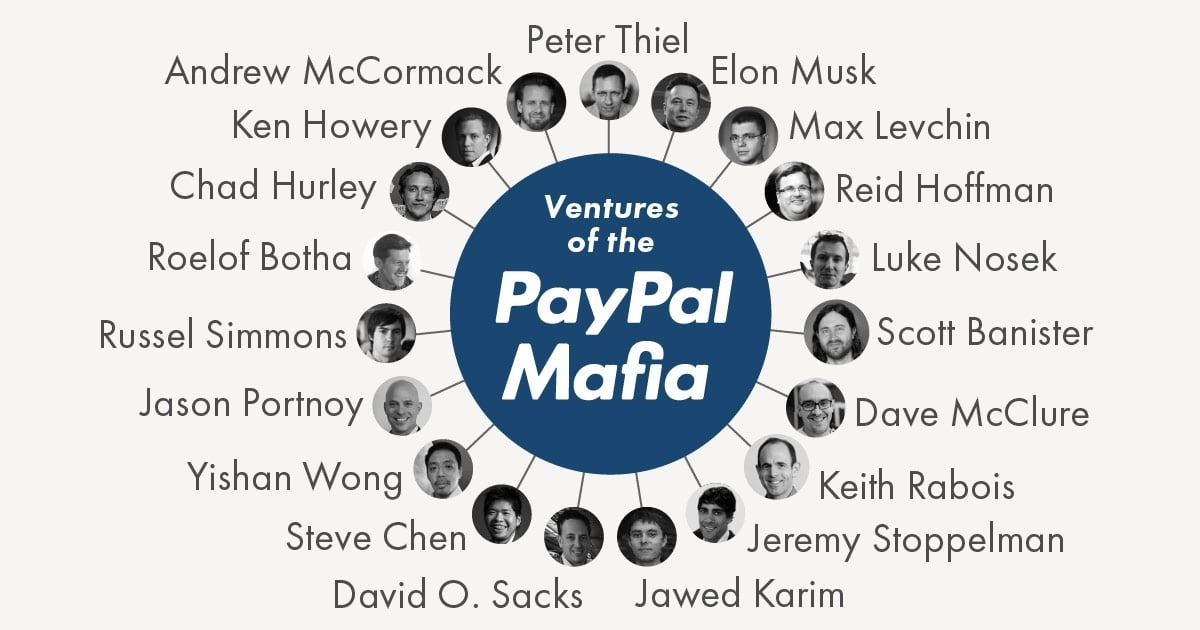
Tushar Aher Patil
Trying to do better • 8m
Day 12 The Syndicate That Built Silicon Valley: A Tale of The PayPal Mafia In the wild west of the late 1990s dot-com boom, two outfits were squaring off. On one side, Max Levchin and Peter Thiel ran Confinity, dealing in PalmPilot software and secur
See More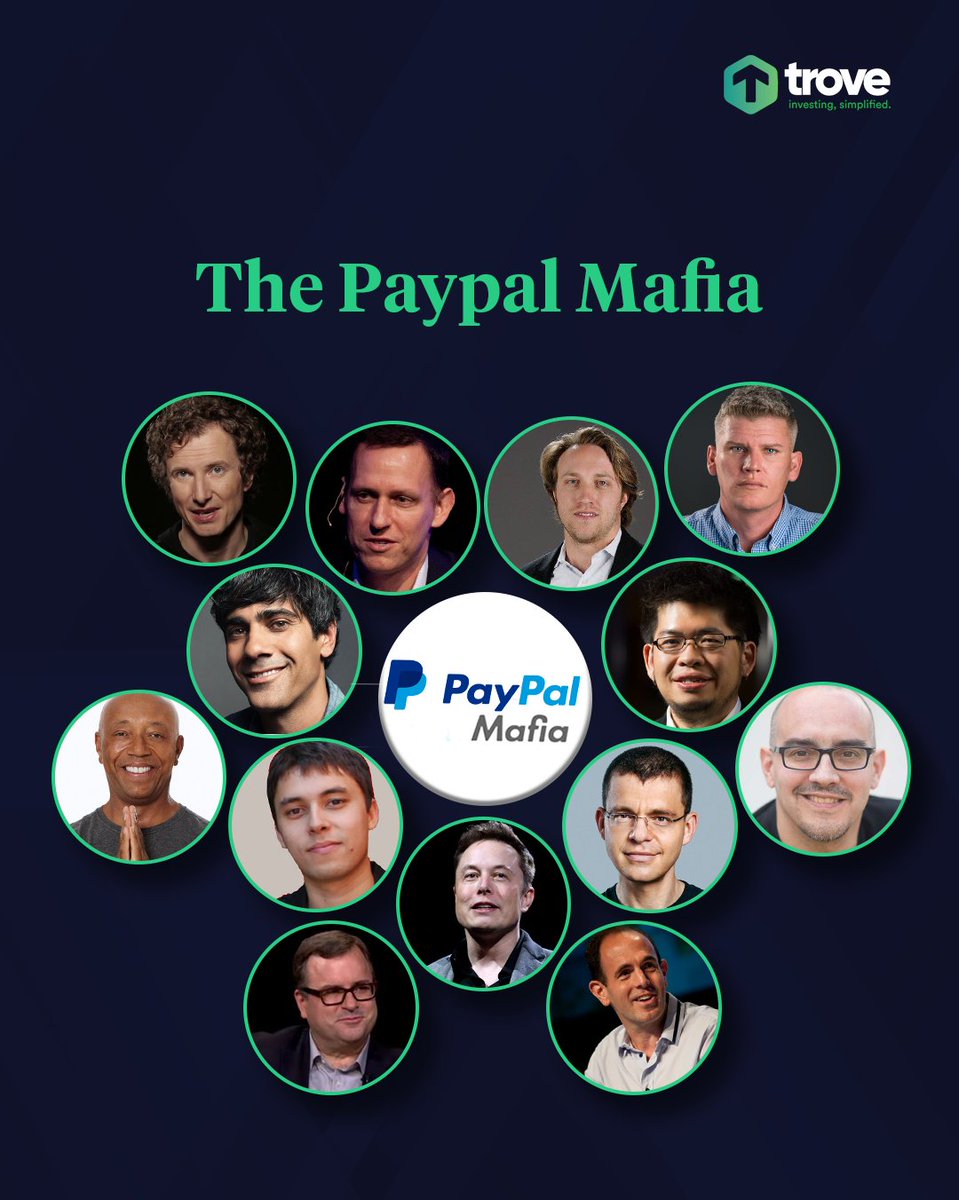
Download the medial app to read full posts, comements and news.












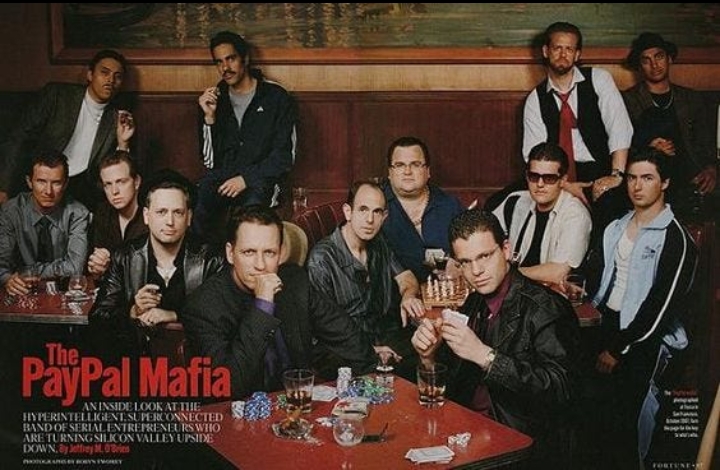

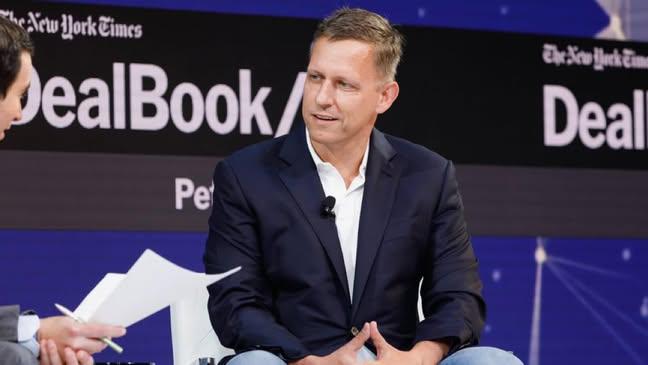



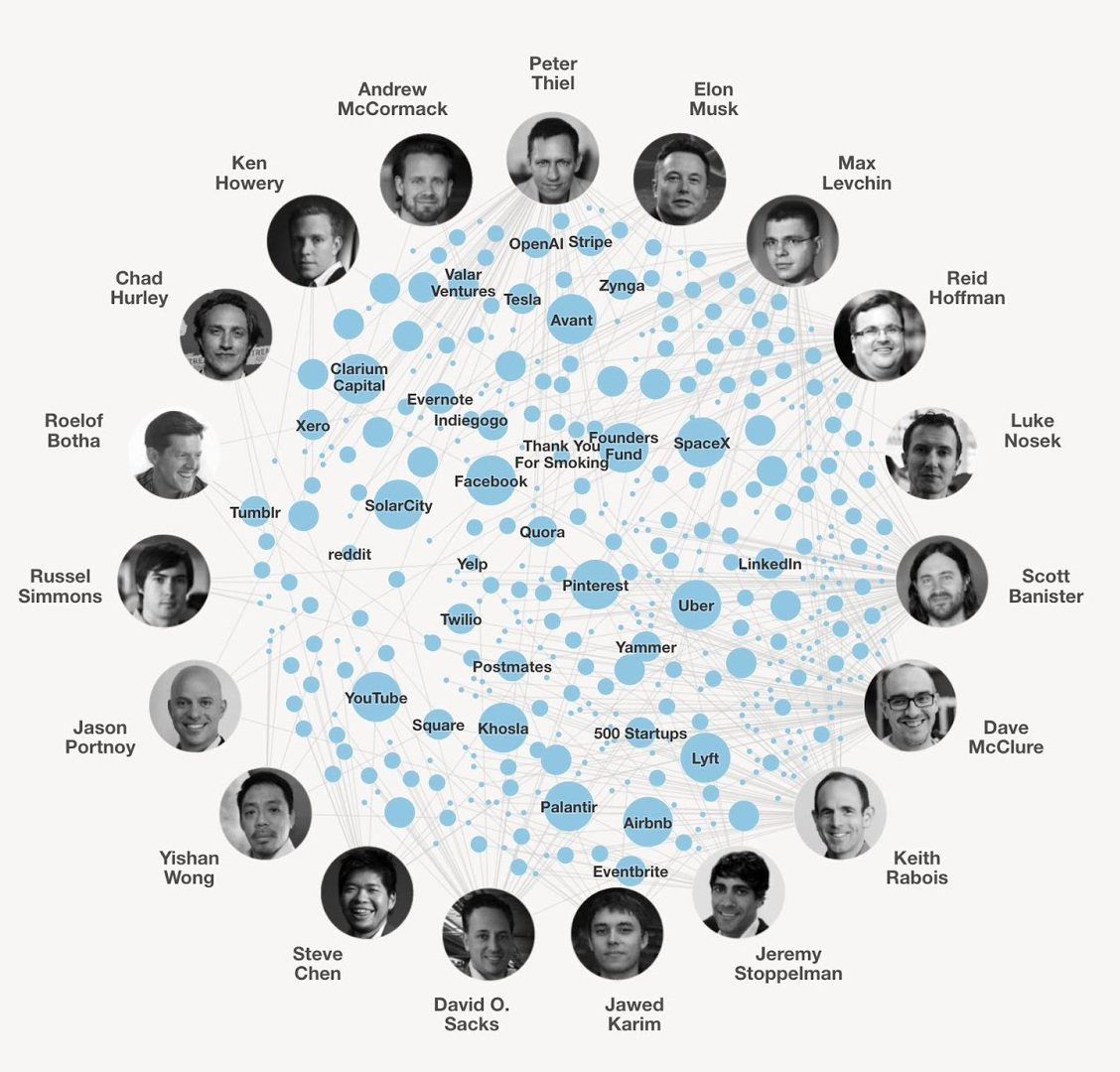


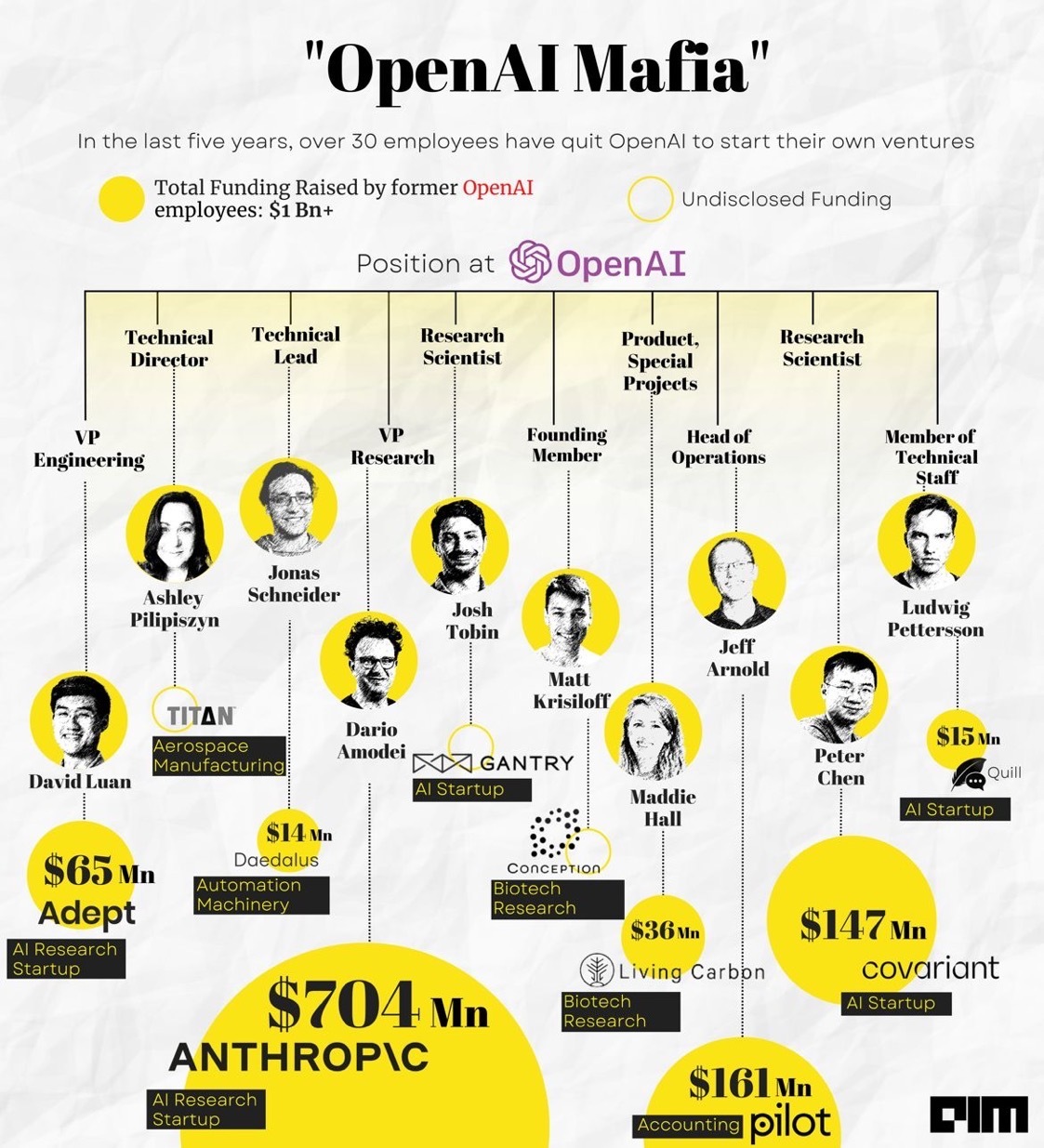

/entrackr/media/post_attachments/wp-content/uploads/2021/08/Accel-1.jpg)

















